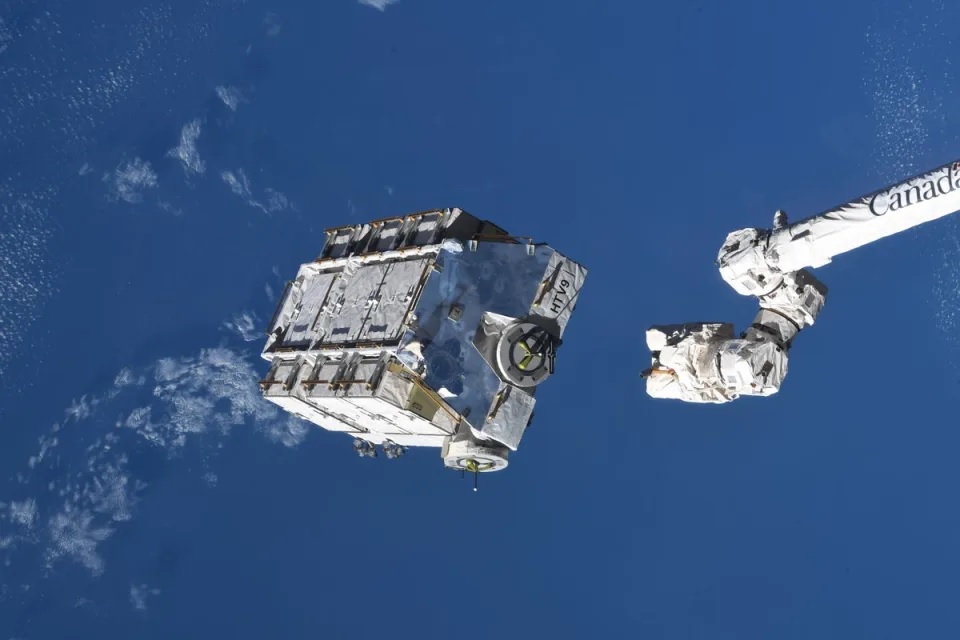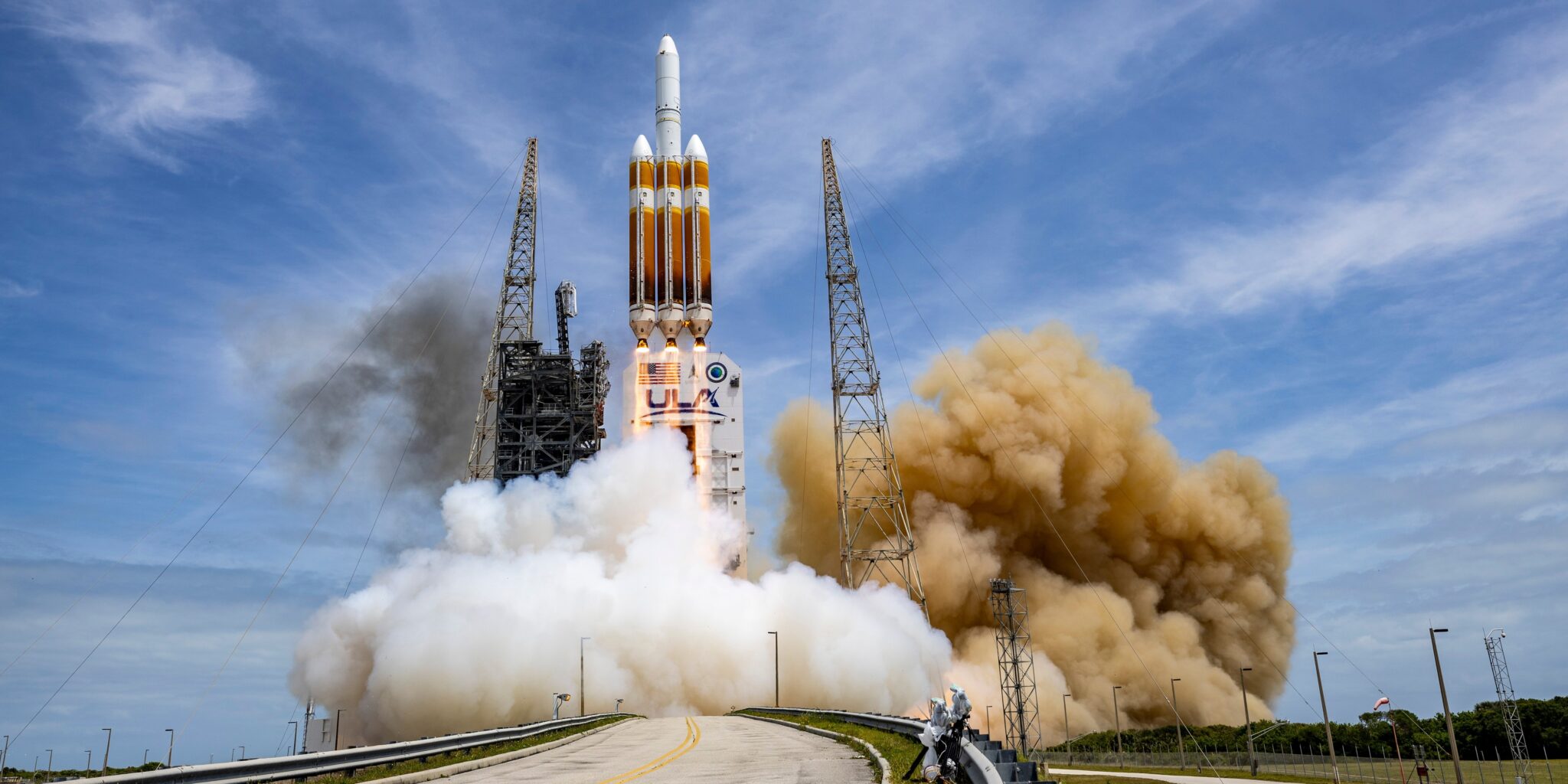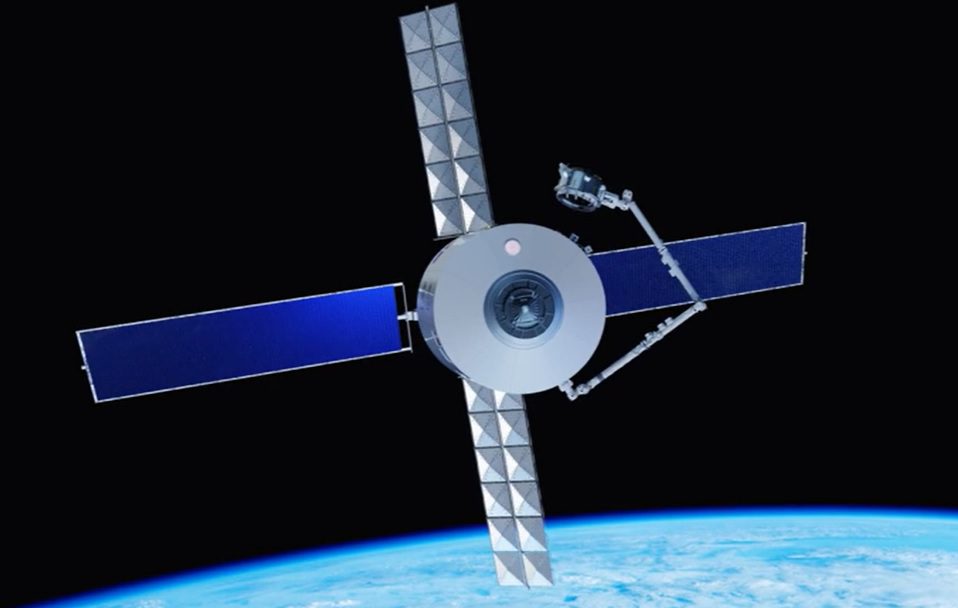The Olympic games in Rio de Janeiro has proven be a major television hit. Television companies had been predicting world audiences in excess of 2 billion for the Rio 2016 event. Satellite firms had moved and even ordered satellites to provide extra coverage. For example, EUTELSAT 65 West A was launched as the unusual sole user of a Ariane 5 ECA rocket (the rocket usually lofts satellites in pairs), just so it would be ready in time over 65 degrees West ahead of the Rio 2016 Olympics.
Meanwhile other satellite operators celebrated the fact that some of its lesser used satellites suddenly had increased transponder fill rates. For example, SES leased several transponders on its Brazil serving NSS-806 satellite to Eurovision just for the games.
While TV audiences very much enjoyed the Olympic entertainment, the physical attendance at some of the events has been disappointing to some as it became obvious that banks of spectator seats remained empty. While most events at the London 2012 Olympics were sell-outs (albeit with some seats awarded to corporate sponsors controversially not filled), in Brazil it was more a case of public apathy, which, when combined with very high ticket prices, meant many seats were not sold and remained empty.
Even for the major athletic events such as the 100m and 200m and 100m relay sprint finals, there have been large banks of empty seats visible in the stadium, even though the three-times Olympic winning, Jamaican athlete and crowd-pulling world-superstar, Usain Bolt, was taking part.
Meanwhile, at some track and field medal ceremonies held late in the day, even the limited crowds that had attended dispersed so fast that it looked very much as if the only people available to cheer the winners were the stadium’s cleaners.
The Brazilian public were only really enthused about the Olympic soccer events (the Brazilian men’s team won gold by the way).
Nevertheless, despite this lack of support, the games are now considered a success if not an outstanding one. While thankfully there has been much less evidence of drug cheating at this year’s Olympics, and an apparent bye from the Zika virus threat (well here’s hoping this remains the case) this did not mean that the have not been some scandals and upsets.
For example, in early round boxing bouts involving Russian contenders when boxing judges were seemingly letting them through no matter how badly they fought. After general disgust at the quality of their judgements and even allegations of match fixing, these judges were subsequently barred from further bouts.
There were a few lurid tales of bed hopping amongst the athletes including Usain Bolt himself who just might have shot his bolt (if you excuse the pun) with his long term girlfriend as well by doing so.
Likewise, there was yet another ticket scandal, this time involving Irish Olympic officials.
There was also a reprimand for an Egyptian competitor in the Judo competition for unsportsmanlike behaviour after he refused to shake hands with his Israeli opponent. The behaviour of some US swimmers also brought general disgrace to their nation as they resorted to vandalism and then later allegedly attempted to perverted the course of justice in an effort to cover it up.
That said, the Brazilians themselves did not exactly cover themselves with glory either. The Brazilian crowd was badly behaved and a little too partisan as they booed the French pole vaulting competitor who was competing against their own man. Atheletes, officials and journalists all had to survive the gauntlet of being mugged by locals in the area – a criminality mainly caused by the poverty and inequality in the city. Meanwhile spectators reportedly also had to suffer persistent traffic jams along with some very poor food served up at the venues. There were also a few raised eyebrows over the way that certain rich middle eastern nations had used probably financial inducements to recruit naturalised talent to increase their prospects on the medal table.
However, despite these incidents and failings, there was also much to celebrate with some awe-inspiring sporting competitions taking place and some excellent behaviour on display as well.
One heart-warming story as a counterpoint to what was, at times, an overly competitive and occasionally nasty Olympics games was in the women’s 5,000m qualification heat. Nikki Hamblin of New Zealand fell and accidentally took down Abby D’Agostino of USA who had accidentally clipped her from behind. Instead of carrying on to try and qualify, D’Agostino stayed to see if her fallen competitor was all right before both carried on. But it was, in fact, D’Agostino who was the more injured and later Hamblin helped the hobbled D’Agostino finish the race. Both runners won the Olympic Games’ Pierre De Coubertin award for their good sportsmanship.
Perhaps the biggest surprise of this year’s Olympics was just how well Team GB have done in the medals table, beating their own London 2012 result with a tally of 67, 27 of which were gold medals. The British Olympic team’s gold medal total let it beat China to be second in the medals table behind USA (out of 210 competing nations). Time was when the UK was happy to be sixth or seventh in the medals table with just six or seven golds. Now anything less than three times this number is seen as a major disappointment. Bizarrely (and irritatingly) the European Parliament tried to claim that the European Union was the top of the table if you added up all its member states’ medals. No wonder the UK voted for Brexit.
To some extent the UK performance this year was helped by the fact that Russian competitors had been banned from certain events due to the drugs cheating scandal affecting that nation. However, given that Team GB also performed as well at London 2012 when this ban was not in effect indicated there was a more significant factor behind its success. The UK’s Olympic resurgence and continued momentum is actually thought to be mainly due to increased funding from the National Lottery (begun under the government of Sir John Major). While the organisers of the National Lottery are now criticised for becoming “too greedy” in having too many draws with tickets that are too expensive, it has to be noted that the large grants made to a large variety of sports including athletics, cycling, gymnastics, rowing, swimming and diving were very much responsible for the British Olympic success. This funding, in combination with using sports science and technology to optimise and improve performances, has now resulted in the UK becoming a world power in sport.
The only real dampener for Team GB at Rio, apart from the lack of spectators, was that its track and field athletics squad performed at the lower end of expectations with an especially weak performance in the field events. So there is still work to be done there. Still, on the track the nation could at least celebrate Mo Farah who demolished the opposition in the 5,000m and 10,000m running events. Thank heaven for Mighty Mo.








